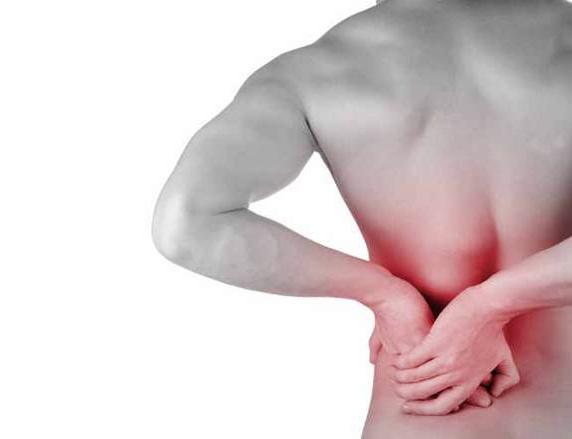Travel is one of those wonderful treasures that inspires, motivates, shifts perceptions, challenges the self and is a wild whirl wind of a ride around time zones, known behaviour and Duty Free choices in airports. Crossing time zones has a wonderful way to suspend reality and allow you to indulge in pretty much any behaviour that you would normally only reserve for public holidays and imbibed drinking games. The freedom to wake late, eat food that you have never allowed yourself to eat before, go out every night without care nor fear of the reprisals from work colleagues as you sink slowly and further into you morning coffee cup.
Now as travel goes not all of us get the chance to be that travel guru, safely tucked up in their lie flat bed, with piped flute music, bubbles on arrival and a Hollywood celebrity female actress reclining in a red dress opposite you and your 5 star Michelin entrée salad served by the plane purser with a smile and a “thank you very much Mr Furness’. No, travel experiences for most of us involve creating origami creations of lumbar support with a sub graded, twice washed barbed wire laden blanket that after 2-3 hours bears no resemblance to back or butt support whatsoever. Our knees knock into table backs, our head constantly craning for the food trolley when it shifts from the back galley and the ever burgeoning question of ‘can I go to the toilet one more time’ just to get away from being sedentary and a snoring fat businessman who constantly steals the arm chair with his big chicken thigh lumpy triceps.
So everyone is so impressed with your fake St Tropez tan and your glowing demeanour when they eventually ask ‘ so how was it’ – and as much as you’d like to give a really bad description of the experience, bemoaning bad beds, long hours spent in travel stations, bad coffee at 4 am in some villages – you kind of feel obligated to expouse your experience in the best light possible because you have had weeks off whilst others have been slaving away, chained to their desks and laptops. Its where you post incessantly on facebook just to really assure everyone that you are eating your way through your journey, doing nothing but laze on poolside lounges with your cocktail and read glossy magazines whist flicking through catalogues or shopping lists.
But the great leveller, the wonderful come-uppance that is thrust upon every traveller after they have made those legs of the journey that are intolerable and yet exciting - we come to the glory that is jet lag. The effervescent phenomenon that catches up with us either fairly soon after we land, or worse still, when we return home. Jet Lag affects our circadian rhythms and usually occurs after crossing over timezones. It is a lack of co-ordination of those circadian rhythms to adjust to the new time schedule, usually when you are used to be it being late afternoon as opposed to early morning. Natural body processes that are regulated by hormones etc such as body temperature, digestion, sleeping and eating are unable to be convinced that they should be operating at the new schedule. Thus the ‘Jet-Lagged). The body is unable to process the timing of the destination quickly and so a few nights is usually needed to realign the circadian rhythms to the current location and thus get back on the most correct ‘timing’. There is also a co-ordination issue that must be resolved, where bodily organic systems must be in co-ordination to operate at the optimal times. Thus the circadian rhythms owe a great deal to the internal balance between soft tissue and skeletal muscle being active at certain points at the onset.
There is a significant issue when you are travelling east-west vs west to east. A westward bound trip usually takes almost half the time of recovery than a eastern journey. Lengthening a day is more beneficial than shortening it, with rhythms recovering almost half as quickly. If you advance the body clock in a 24hour period it is harder to recover from that adjustment than in the opposite direction.
So how do you do this? How do you recover from Jet Lag: Here’s my 5 top tips to avoid having to take a little nap in the car when the rest of your group is having drinks at the fun bar out on the town.
1. Arrive in daylight. Circadian rhythms respond to exposure to light. It is much easier to be able to stay up during the day and instantly put your bodyclock into the new regime when the sun is shining and you are excited about being out exploring your new destination.
2. Exercise. Exercise helps to release the endorphins that you have in your system and to shake off the effects of a long, sedentary period in your seat.
3. Sleeping within 24 hours. Try to make up any shortfall in sleeping patterns within that same day so that you aren’t asking your body to operate outside its patterns for an extended period.
4. Set the time. Always set your time to the destination time and try to begin operating on that time as soon as possible. This means eating meals in the new timeframe in line with what you’re having at the destination. If that means cornflakes at 10pm – so be it.
5. Watch the Trolley. The dizziness of enjoying a cocktail or two and the free wine with service as much as possible may increase tiredness and disrupt hydration upon your arrival.
6. Stay in the moment. When you arrive, acclimatise. Try to get into the rhythm of where you are and not where you have come from. Avoiding little naps and trying to keep sleeps in a more stable pattern is beneficial. And if you wake up at 4am – do something rather than shutting your eyes like you’re watching a horror film and get back to sleep.
There is never really any guarantee to managing jet lag and I know that there are certain things that I do that help me deal with Jetlag on arrival. Even if that does mean going to work straight away!



